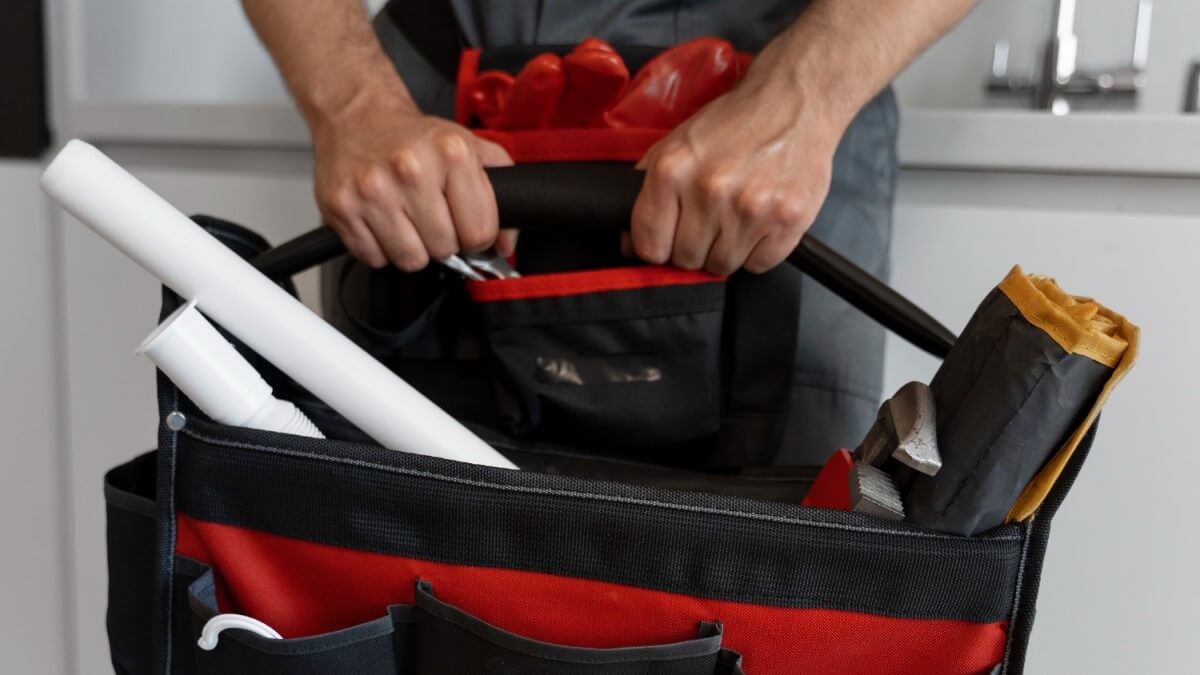Germany Launches New Initiative to Accelerate Refugee Employment
KEY TAKEAWAYS
- Germany has launched a new initiative aimed at accelerating the employment of refugees.
- Refugees will be able to take up employment in Germany even if their German language skills are not good.
- The initiative will benefit around 400,000 refugees.
In a move towards integrating refugees into the German labour market, a collaborative effort named “Job Turbo” has been initiated by the government.
The initiative has been supported by several leading business associations, trade unions, companies, and municipal associations, as well as the Minister of Labour, Hubertus Heil, and the Federal Employment Agency.
The signatories of the initiative have said that they will significantly accelerate the integration of refugees into the workplace. They have also stressed that refugees will be able to take up jobs even if they do not have good German language skills.
As part of the initiative, different job centres and the Federal Office for Migration and Refugees will also provide support with practical offers for part-time qualifications and the acquisition of the German language.
This suggests that the focus of the companies employing refugees will be on creating a welcoming culture within companies to facilitate smoother integration.
Emphasising the importance of this initiative, Minister Heil said that integration is important, and for this reason, the country wants to make it possible for more refugees to take up jobs.
Data show that this initiative will benefit around 200,000 Ukrainian nationals as well as an additional 200,000 refugees from various countries who are currently completing integration language courses.
We want to use this potential. In order for this to succeed, businesses, social partners, and refugees must now pull together. We need companies that hire refugees with basic knowledge of German and rely on pragmatic solutions for language acquisition.
Minister Heil
Regional Board Member of the Federal Employment Agency, Daniel Terzenbach, also welcomed the initiative, saying that the integration of refugees can make a contribution to securing jobs as skilled workers.
He further stressed the importance of quick integration into everyday working life, enabling refugees in the country to utilise their professional skills and develop language proficiency.
When it comes to finding work for refugees, DGB Board Member Anja Piel urged a careful approach that prioritises good-quality work rather than rushed placements.
Piel called for addressing several barriers that refugees face, including lack of childcare, recognition of qualifications, language barriers, and, at the same time, advocated for increased support and resources for job centres.
Steffen Kampeter, General Manager of the Confederation of German Employers’ Associations, also underscored the urgency for job placement. He said that it is very important that around 400,000 refugees are taken into account and have a workplace.

